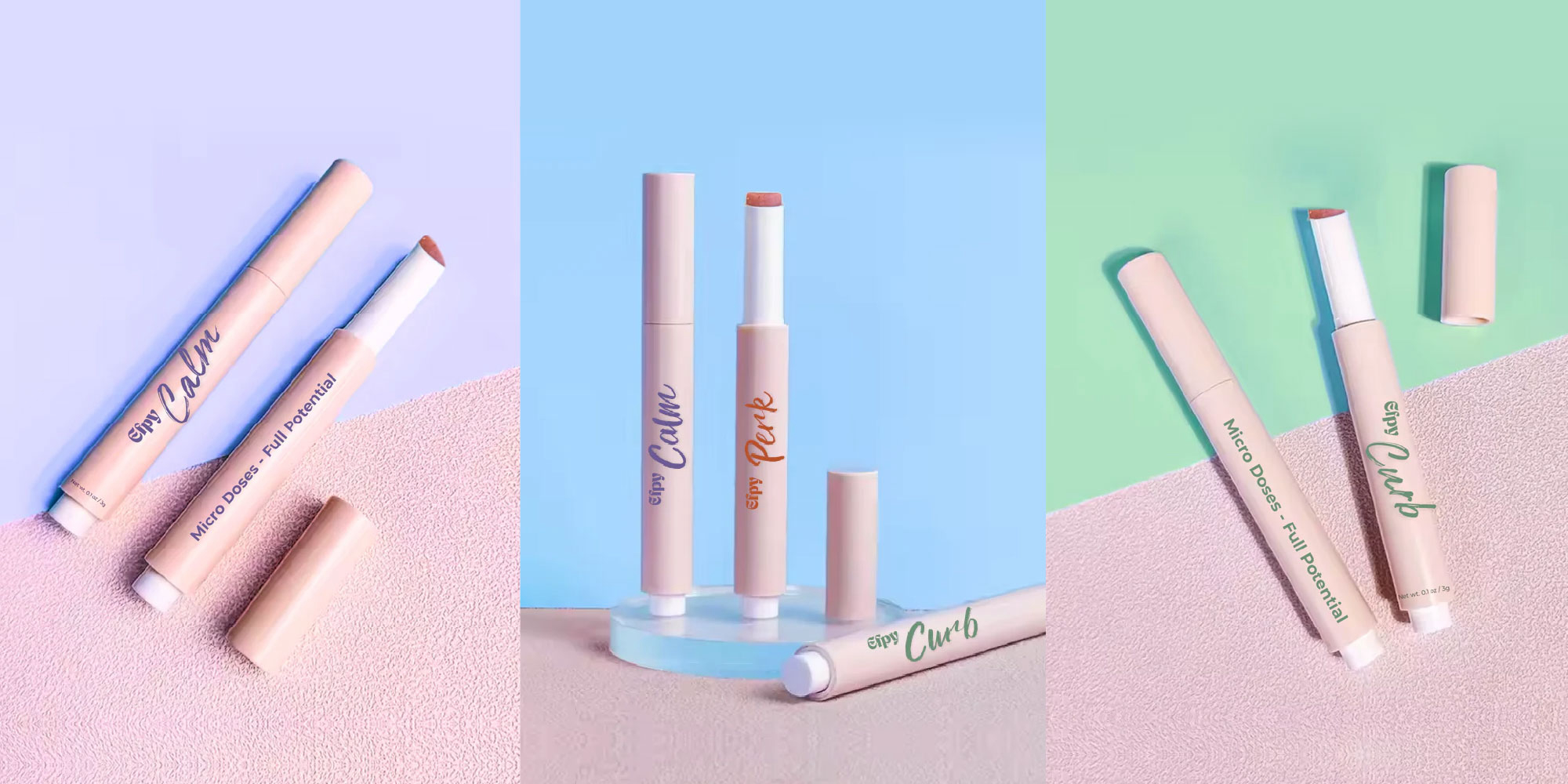Key Takeaways
- Efpy, launched by Smriti Khullar, offers microdose lip balms aimed at enhancing wellness through small doses of active ingredients.
- The brand focuses on relatable messaging for 20- to 35-year-olds, promoting its products as essential tools for navigating busy lives.
- Initial sales show promise, with positive customer feedback and plans for future product expansion and retail partnerships.
Innovative Approach to Wellness
Smriti Khullar, a seasoned marketer with experience at major companies like Google and Unilever, has identified a growing challenge within modern wellness culture: the overwhelming burden it places on individuals. Instead of empowering users, wellness trends can feel like an additional chore. In response, Khullar has launched Efpy, a line of microdose lip balms designed to alleviate the stress associated with traditional wellness routines.
The brand’s name, pronounced “F-P,” represents “full potential.” Each of Efpy’s three lip balms—Perk, Curb, and Calm—retails for $14.99 and is formulated with calming and energizing ingredients like l-theanine, green coffee, and vitamin B. Users are encouraged to apply the balms six to ten times a day, with the belief that each application contributes to long-term wellness benefits.
Khullar explained that the concept of microdosing has gained traction in wellness circles, particularly with the beauty industry interpreting it for skincare and cosmetic applications. For example, brands like Saint Jane and Kiehl’s have developed products utilizing similar microdosing principles.
Each Efpy lip balm combines active ingredients with nourishing components like shea butter and jojoba oil. The Calm balm includes vitamin B6 to support stress response, while Curb features green coffee to help regulate appetite, and Perk is formulated with ginkgo biloba for cognitive enhancement. Notably, Efpy avoids making medical claims but does highlight user testimonials and ingredient benefits.
Early testers have reported quick sensory lifts from the balms, experiencing noticeable effects within two minutes to half an hour. With consistent use, beneficial impacts are anticipated to manifest over one to two weeks.
To kickstart the brand, Khullar has allocated between $100,000 and $125,000 primarily for marketing and sampling. Efpy plans to distribute over 500 samples to potential customers and influencers to generate buzz and credibility.
Additionally, the balms are packaged as bundles for $39.99, a core component of the business model. Future sales projections for 2026 suggest revenue could reach between $140,000 and $270,000, with aspirations to distribute through 20 to 35 boutiques by year-end.
While Efpy’s products are produced in-house, Khullar is exploring partnerships with contract manufacturers to scale production. She hopes to reach larger retailers like Sephora and Ulta Beauty, alongside spas and wellness centers in the near future.
The target market for Efpy spans a demographic of 20- to 35-year-olds who manage demanding schedules. Khullar emphasizes the need for accessible support in these consumers’ lives, echoing her own experiences as a working mother.
To connect with younger audiences, Efpy employs inclusive and friendly language in its marketing messages, such as “What if your lip balm didn’t just nourish your lips, but helped you breathe through your 3 p.m. spiral?” Since its official launch, Efpy has recorded sales of five to six units daily, which although modest, suggests growing interest in the product. Customer reviews have been overwhelmingly positive, averaging 4.7 out of 5 stars.
Khullar envisions Efpy as more than just a brand; she aims for it to transform everyday beauty routines into holistic wellness rituals. Future products, including body butters, are in development as the brand strives to become synonymous with a balanced lifestyle focused on achieving one’s full potential.
The content above is a summary. For more details, see the source article.















